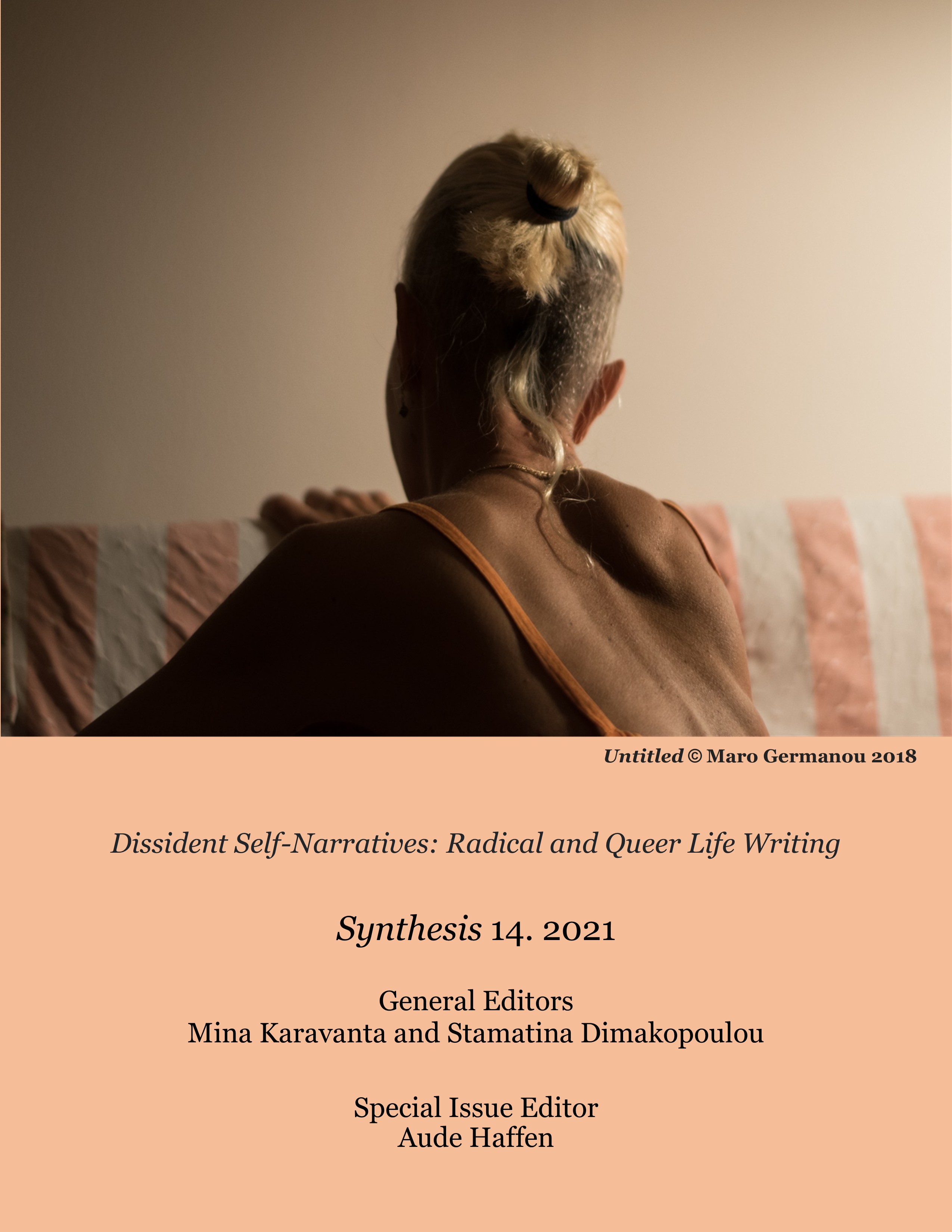Narrating the Self, Making a World: C. L. R. James, Edward Said, and the Errancy of Postcolonial Life-writing

Abstract
Critics of postcolonial life-writing and autobiography typically assess these works according to their capacity to give recognizable and consistent narrative form to the histories and lifetimes that they recount. The normative foundations of these judgments are the assumptions that postcoloniality supersedes coloniality as a distinct historical phase, and that the individual writer’s conscious transcendence of the trappings of colonial alienation marks a similarly redemptive break. The narrative philosophy of Alasdair MacIntyre, for example, depends on the assumption that a postcolonial writer like C. L. R. James discovers the integrity of his life, and recapitulates it in narrative form, through the identification of his relation to the various traditions—Trinidadian, philosophical, and athletic—of which he forms an organic part. Against MacIntyre’s theory of self-representation and his interpretation of James’s eclectic and hybrid memoir Beyond a Boundary, this essay argues that postcolonial life-writing is most successful when it reflects the incompleteness of postcolonial history and the overdetermination of postcolonial sociality at the level of narrative construction. Taking James’s memoir and Edward Said and Jean Mohr’s intimate photo-essay After the Last Sky as its orienting coordinates, the essay offers a theory of postcolonial life-writing as errant cognitive mapping: attempts to situate the self in relation to broader dynamics of collective becoming that acquire their epistemological purchase, political utility, and moral heft from their refusal to embrace determinate narrative shapes.
Article Details
- Section
- Articles

This work is licensed under a Creative Commons Attribution 4.0 International License.
The copyright for articles in this journal is retained by the author(s), with first publication rights granted to the journal. By virtue of their appearance in this open access journal, articles are free to use with proper attribution. Synthesis retains the worldwide right to reproduce, display, distribute, and use published articles in all formats and media, either separately or as part of collective works for the full term of copyright. This includes but is not limited to the right to publish articles in an issue of the Journal, copy and distribute individual reprints of the articles, authorize reproduction of articles in their entirety, and authorize reproduction and distribution of articles or abstracts thereof by means of computerized retrieval systems.



